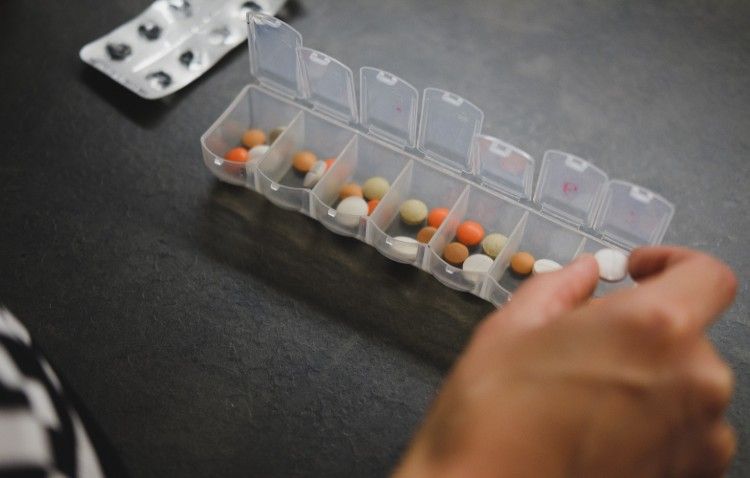
What would medicine look like without primary care doctors?
One of the most knowledgeable and insightful healthcare reporters I have had the pleasure of appearing with is Caitlin Burke of CBN TV and the 700 Club.
She recently asked me, “What would medicine look like without primary care doctors?” What a wonderful question and one we should be asking ourselves as the primary care crisis in our nation continues to unfold. We need to thoughtfully ask this question because the worst case possibility does exist.
With medical school tuition debt going straight up and with the historic reimbursement disparity between primary care and procedural specialists continuing, medical students quickly grasp the fact that they are going to school for almost a decade in order to occupy the bottom rung of the pay scale for physicians in America. They’re equally quick to notice that practicing primary care doctors are increasingly exhausted, burned out, and ready to retire early.
Will they move past these existing challenges and choose this otherwise highly rewarding area of medicine? Time will tell, but the outlook is not good unless we make some significant changes to make primary care more compelling across the board.
I responded to Ms. Burke’s question by asking her to imagine going into a Division of Motor Vehicles office … taking a number … sitting down in a very crowded waiting room … completing paperwork … being seen by someone and then going home. While the DMV staff is hopefully pleasant and eager to do their jobs efficiently, the last thing you’re going to experience at the DMV is a personal relationship with a staff member. That personal relationship, however, and its direct and long-recognized relationship to improved health, is vital in medicine.
Without an established relationship there is no basis for forming trust. And without trust, the foundation of quality care is weakened. My personal experience inside the exam room as both a Family Medicine physician and a consultant, along with a considerable amount of literature on the topic, indicates that one of the most quality-generating entities in medicine is the physician-patient bond. When it comes to our care, we all prefer a doctor who knows us.
How can we as practitioners and administrators make sure that this kind of special relationship is perpetuated? By helping to create practice environments where support staff can be part of a true, high functioning team that frees physicians to do what they were trained – and inclined – to do best.
The good news is that the kind of resources needed to make this potential a reality already exists in the form of the patient-centered medical home in general and the Team Care Model in particular. Together, they’re among the best hopes we have for recruiting and retaining more physicians in the field of primary care medicine, now and well into the future.
Dr. Peter Anderson is available to speak to your physician group or conference on the vital topic of creating a robust primary care system again in America. He is available for consultation on transforming your medical practice.
Team Care Medicine Telephone757-650-5603
E-mail:peter@teamcaremedicine.com